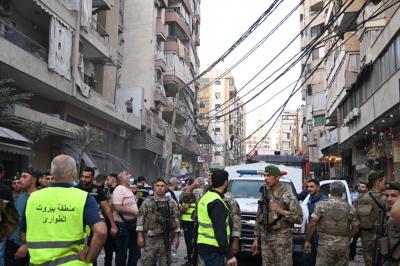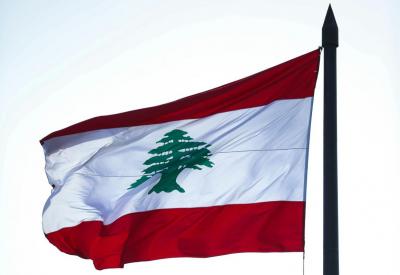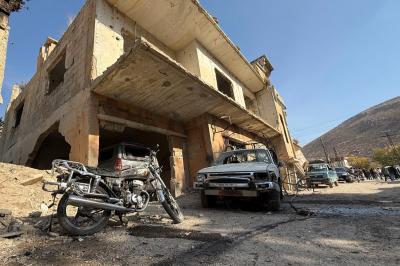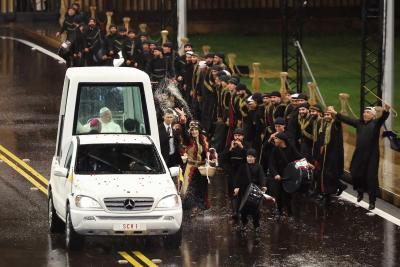This week marks the second anniversary of “Al-Aqsa Flood,” the operation launched by “Hamas” with the declared aim of shattering regional and international complacency and restoring the Palestinian cause to the forefront — after years of decline brought about by internal Palestinian divisions, Arab disengagement, and an international dead end marked by successive Israeli governments’ refusal to even acknowledge the issue.
It was also the operation that Israeli Prime Minister Benjamin Netanyahu exploited — not merely to eliminate “Hamas,” but to bury the Palestinian issue entirely, using it as a springboard for his broader project to “reshape the Middle East.” His strategy shifted decisively toward achieving the hardline Israeli right’s deeper objectives: assassinating “Hezbollah”’s leaders and displacing its social base across southern Lebanon.
Whether “Al-Aqsa Flood” was a sincere act of resistance or a calculated Israeli trap — even a conspiracy designed to lure “Hamas” into Israel’s retaliatory snare — the outcome is undeniable. It provided Israel with the perfect pretext, backed by much of the world, to unleash its full military and destructive might with no regard for humanitarian constraints. It granted Tel Aviv a cover to pursue the forced displacement of Gazans, turning the enclave into a “buffer zone” — or, cynically put, a future strip of tourist resorts exploiting its oil and gas resources far from its native population.
In Lebanon, most citizens had hoped their country would remain neutral. Yet “Hezbollah” thrust itself into the battle, justifying its intervention as an act of solidarity with Gaza, while banking on the illusion of its own “strategic deterrence.” The result was catastrophic.
Had “Hezbollah” refrained from entering the conflict, Lebanon might have been spared destruction. The group would have preserved its leadership, fighters, weaponry, and institutions, maintaining its dominance over domestic politics and its regional networks. But by plunging in, it invited calamity — becoming a textbook example of miscalculation, broken promises, and disastrous overreach.
Two years on, “Hezbollah” remains in denial, still rejecting calls to surrender its weapons. Its unilateral decision to go to war not only exposed its own vulnerabilities but also laid bare the state’s paralysis. Meanwhile, its secretary-general continues to urge the government to repeat past gestures — appealing to the U.N. Security Council, asking friendly nations to pressure Israel, and retracing the same diplomatic steps already taken. Yet, every time the government opens a door, the “party” slams it shut.
Two years later, villages remain in ruins, return is still forbidden, and the displaced continue to suffer — while some persist in repeating failed experiments and obstructing government efforts. These same actors know that they will gain nothing until they disarm.
The critical question now is how the Lebanese government will act — whether it can preserve internal unity or whether some of its members will relapse into old divisive habits.
If wisdom is needed to avoid division and strife, courage is needed even more — for half-measures are worse than inaction. They entrench new precedents and expose a nation’s inability to rely on itself.
Please post your comments on:
[email protected]
 Politics
Politics














